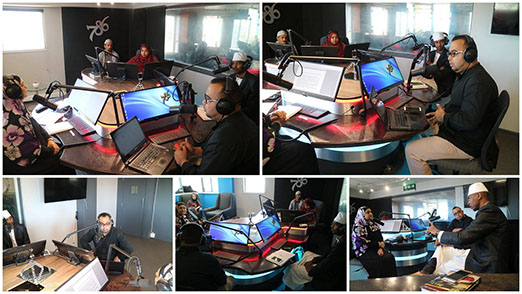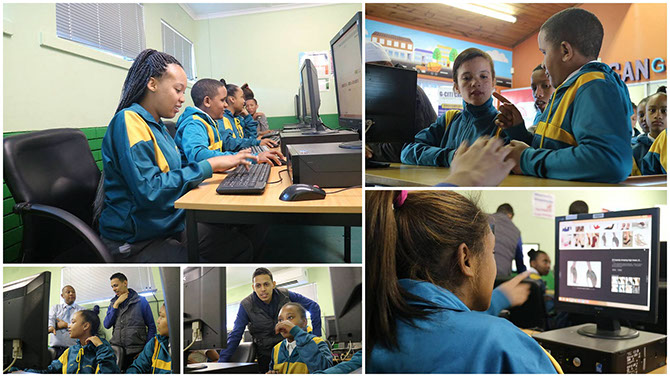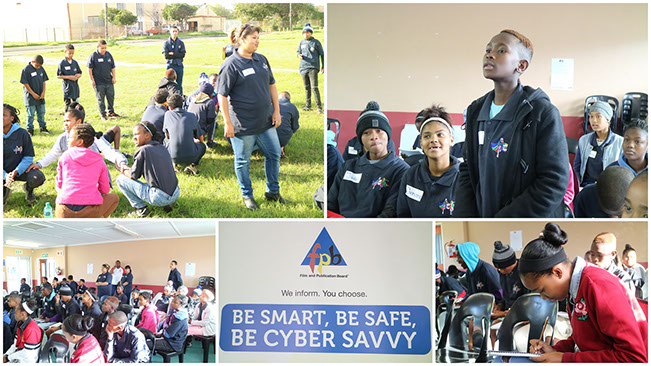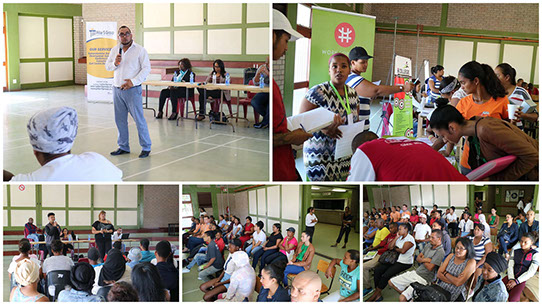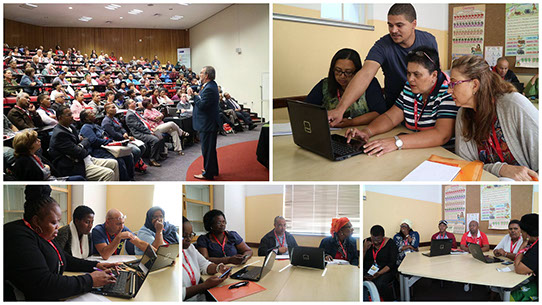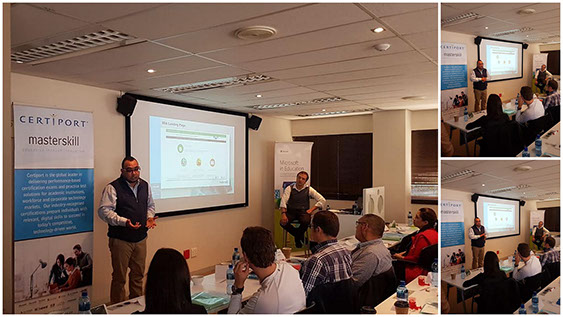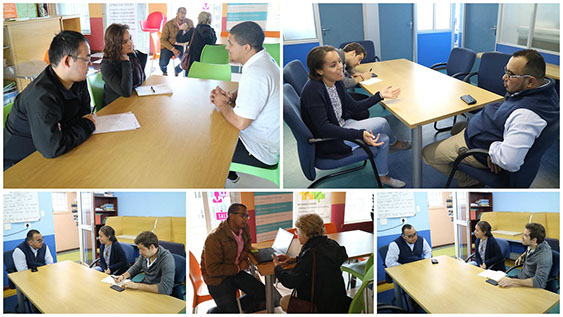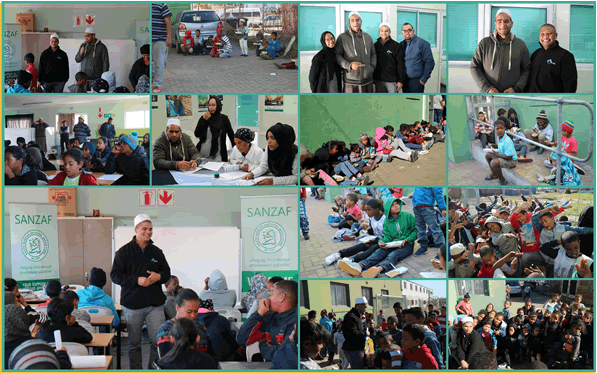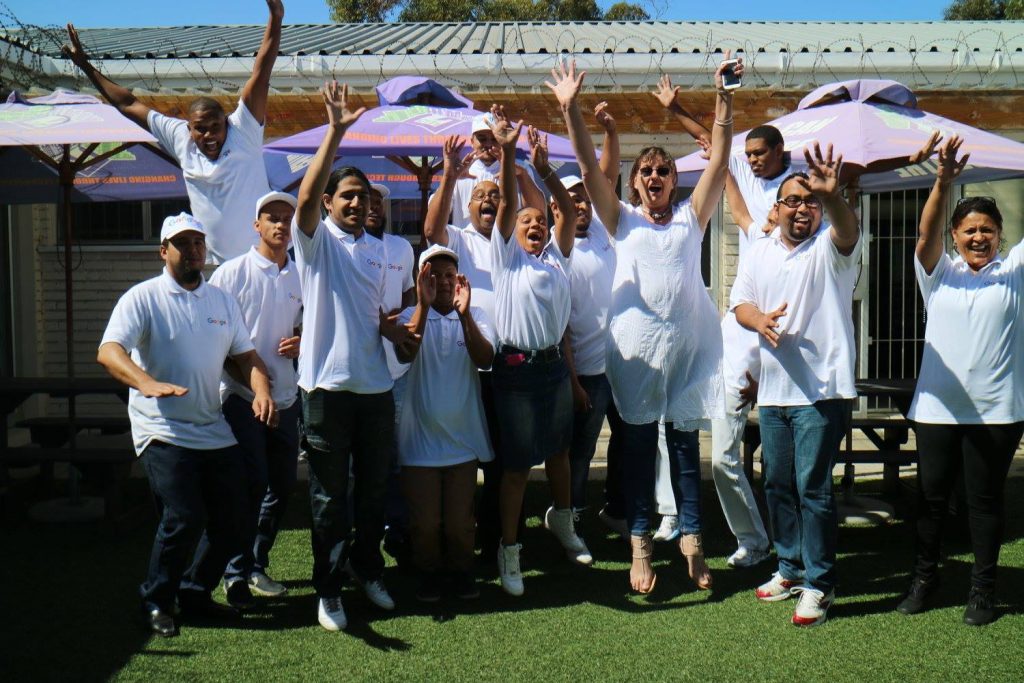The South African Education system has recently introduced a new learning model called CAPS (Curriculum Assessment Policy Statements). It is a revision of the current National Curriculum Statement (NCS). With the introduction of CAPS, every subject in each grade will have a comprehensive policy document that provides details on what teachers need to teach and assess on a grade-by-grade and subject-by-subject basis within a specific period.
Based on the content-driven curriculum, many students find themselves in difficult situations in keeping up with schoolwork, to the extent that they drop out. As young people undergo various adolescent phases, the development in identity formation plays an important role in their success.
Most young people growing up in urban and rural areas are indeed faced with challenges such as gangsterism, gang violence and substance abuse. With the adolescent transformation, community challenges and the load of educational pressure, many young people quit school because they cannot handle these challenges. Often, due to a lack of support, young people make decisions that end destructively.
The above situation outlines the fate of young people who lack the required, and proper support to make a success of their lives.
Therefore G-CITI has initiated a skills programmes that will empower young people with innovative study patterns to address learning challenges, through technology.

